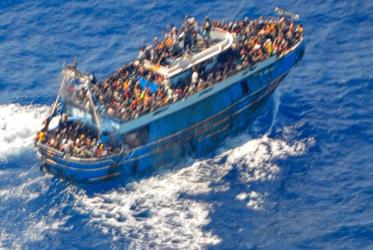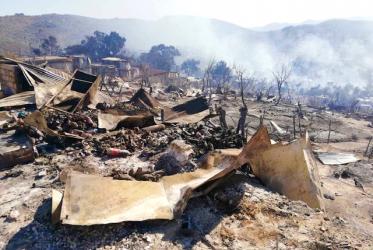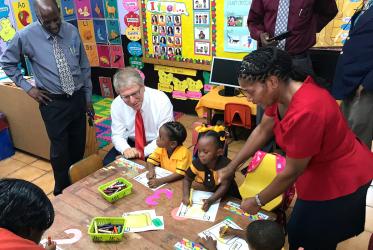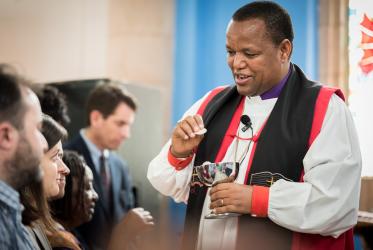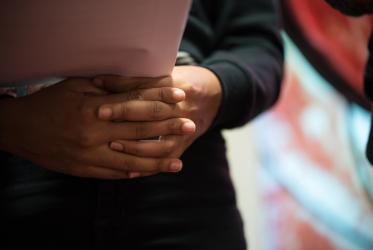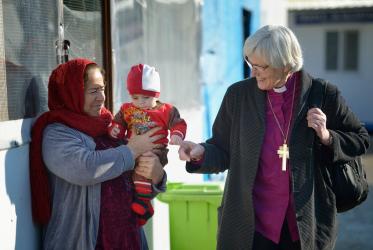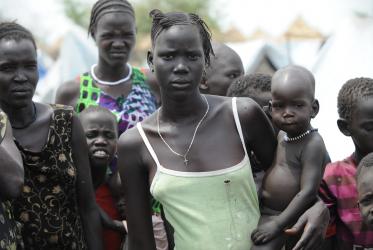Displaying 1 - 20 of 30
Plans for 11th WCC Assembly build excitement across the globe
18 February 2020
Iraqi refugee shares story of hope through harrowing ordeal
15 August 2019
Faith and HIV treatment go hand in hand
06 March 2019
Turning mercy and compassion into action
04 March 2019
WCC Executive Committee envisions future for one ecumenical movement
08 November 2018
Jamaica vantage point for Caribbean ecumenism
05 October 2018
Arusha offers vibrant and colourful worship life
12 March 2018
Church leaders unite their voices against modern slavery
09 February 2017
“We can’t go back as long as we know we are not secure”
26 January 2017
